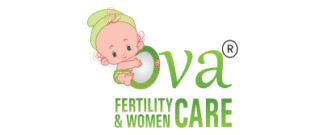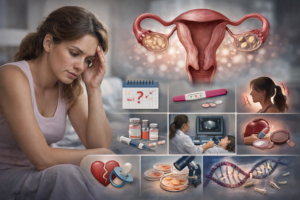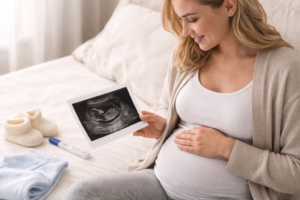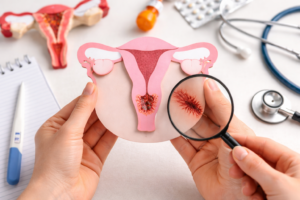The journey to parenthood can be an emotional rollercoaster, especially when a couple faces fertility challenges. Intrauterine insemination (IUI) is a common fertility treatment that helps many couples conceive when they have difficulty getting pregnant naturally. But, once a baby is born, many wonder if there’s any difference between an IUI baby and a baby conceived naturally. What is the growth and development of an IUI baby like that of a normal baby?
In this blog, we’ll explore the key differences and similarities between IUI babies and normal babies, addressing how they grow, develop, and reach important milestones.
-
What is IUI?
Before diving into the comparison, let’s first understand what IUI is. Intrauterine Insemination (IUI) is a fertility treatment that involves placing specially prepared sperm directly into a woman’s uterus during her ovulation period. This procedure is often used when a couple struggles with infertility, or when other methods of conception have been unsuccessful. The sperm can be from a partner or a donor.
With IUI, all fertility barriers are bypassed, as the sperm has a head start in fertilizing the egg. While the process is medically assisted, once fertilization occurs, the baby develops naturally, just like any other baby.
IUI Babies vs Normal Babies: How Are They Different?
The most common question that arises is whether IUI babies grow differently than babies conceived naturally. The short answer is no — once an IUI baby is conceived, its growth, development, and milestones follow the same process as any naturally conceived baby. However, the methods of conception are different, and some people wonder if that affects the baby’s development later on.
In the following article, we will examine the key differences and similarities between IUI babies and naturally born children:
1. Conception Process
- IUI Babies: In the case of IUI, sperm is directly inserted into the uterus during ovulation. This is a medical procedure, typically assisted by hormone treatments to stimulate the ovaries and increase the chances of successful fertilization. In any case, once the sperm fertilizes the egg, the process of developing a child follows all the natural biological laws.
- Normal Babies: Natural conception happens when sperm meets the egg in the fallopian tube without any medical intervention. The egg is fertilized and starts developing into an embryo, following the same natural process of pregnancy as IUI babies.
While the conception methods are different, the actual growth and development of the baby once it is conceived are nearly identical for both types of babies.
2. Pregnancy Development
- First Trimester: Hearts, brains, and other vital organs begin to form in the early stages of pregnancy. This early stage of development is the same whether the baby was conceived naturally or via IUI.
- Second Trimester: In this stage, the baby grows rapidly, and many major systems like the digestive and circulatory systems begin to function. Both IUI babies and naturally conceived babies grow at the same rate during this period.
- Third Trimester: The baby’s growth continues as it prepares for birth. Organs mature, and the baby gains weight. At this point, the development milestones for both IUI and normal babies are practically the same.
3. Health and Milestones
There is no evidence to suggest that IUI babies are any more likely to have health issues than babies conceived naturally. During the same developmental period, crawling, walking, and speaking are all reached by IUI babies as well as normal babies. While every child develops at their own pace, there is no conclusive evidence showing that IUI babies are slower or faster in reaching these milestones.
One factor that may be influenced by IUI is the age and health of the parents, which could affect the baby’s overall health and development. For instance, women who undergo IUI may be older, and older maternal age can sometimes impact pregnancy outcomes. However, the procedure itself does not directly affect the baby’s growth and development.
4. Genetics
The genetic material of the baby comes from both the mother and the father, or a sperm donor in the case of IUI. This means that whether a baby is conceived via IUI or naturally, their genetic makeup is the same. IUI babies are no different genetically from naturally conceived babies unless the donor sperm is used.
- IUI Babies: In the case of IUI, sperm is directly inserted into the uterus during ovulation. This is a medical procedure, typically assisted by hormone treatments to stimulate the ovaries and increase the chances of successful fertilization. In any case, once the sperm fertilizes the egg, the process of developing a child follows all the natural biological laws.
Do IUI Babies Develop Differently?
Once the baby is conceived, the development process follows the same natural timeline, regardless of whether conception was achieved through IUI or natural methods. Both types of babies share the same growth patterns, health risks, and developmental milestones. There is no evidence that IUI babies grow differently, learn differently, or have a different health trajectory than normal babies.









 No need to worry, your data is 100% Safe with us!
No need to worry, your data is 100% Safe with us!